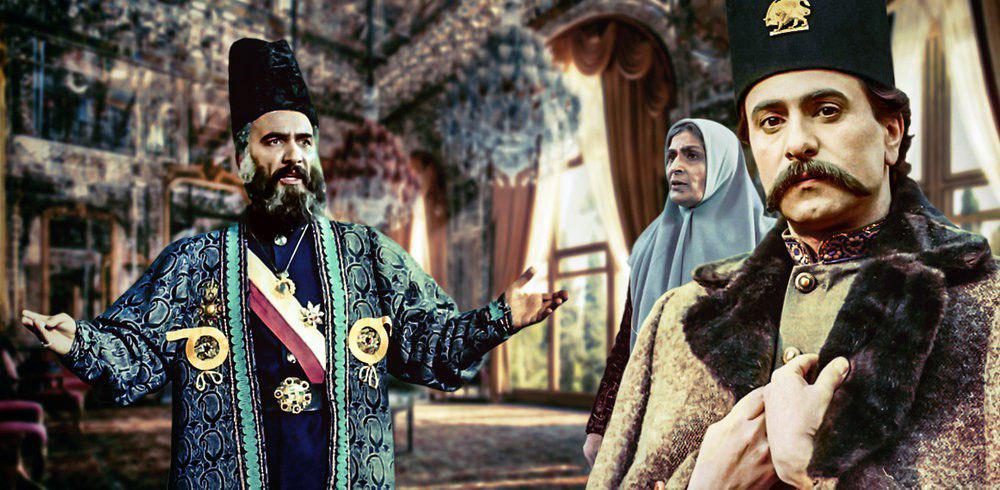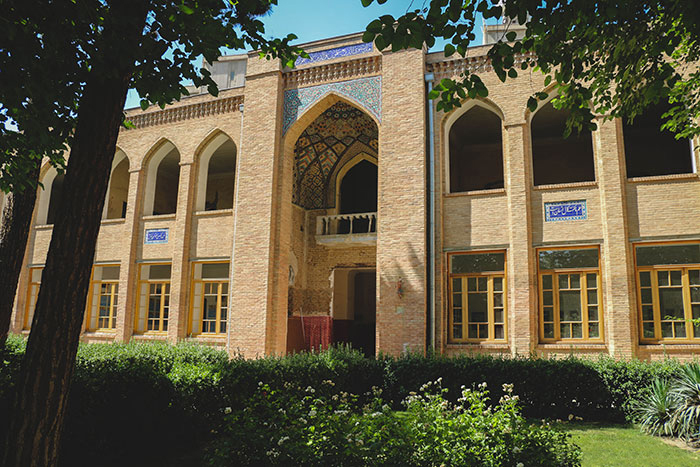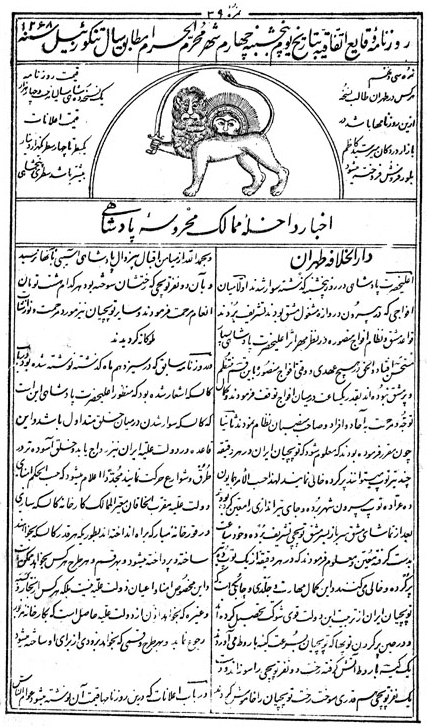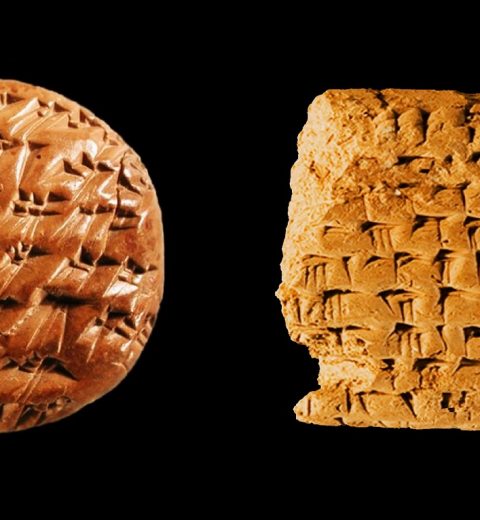Amir Kabir, honorary name of Mirza Taqi Khan, was a Persian politician and the Prime Minister of Persia during the reign of Nasser al-Din Shah of Qajar. He contributed to the modernization of the country in the first half of the 19th century.
Life and career
Amir Kabir was born near Arak in 1807 as the son of the cook of the then Prime Minister Qa’em Maqam Farahani which allowed Amir Kabir to get to know the functioning of the Persian court. He began his career as a clerk in the administration, in whose hierarchy he rose quickly. In 1829 he accompanied a diplomatic mission to St. Petersburg as a junior member, where he recognized that his country was in need of reform. On another mission to the Ottoman Empire, he pursued the modernization efforts of the neighboring country. After his return, Mohammed Shah appointed him to the court of the then Crown Prince Naser ad-Din in Azerbaijan in 1847. When Mohammad Shah died in 1848, Amir Kabir was appointed Prime Minister of the new ruler Naser ad-Din Shah.
Amir Kabir took over his office when Iran was economically, politically, and socially weakened. He introduced a series of lengthy changes in social life. This included the establishment of new ministries, the reorganization of the financial system, the tax system, and the health system. Under Amir Kabir, the country’s first newspaper, Vaghaye-e Etefaghiyeh, and the country’s first modern university, the Dar-ol Fonoun, were founded in Tehran.
However, these numerous reforms, which mainly benefited the poorer classes, met with resistance from the privileged. A conspiracy was forged against him in the vicinity of his mother-in-law, the mother of Naser ad-Din Shah. The Shah was persuaded that Amir Kabir wanted to dispute the throne from him so that he was removed from office in 1851 and exiled to the Fīn Garden in Kashan, where he was murdered a year later.
Reforms and death
During his rule, expenses were significantly reduced and a distinction was made between public and private goods. The organization of the central government was revised and Amir Kabir assumed responsibility in all areas of the administration. Moreover, he managed to lessen the interference of foreign powers in Iran’s internal affairs.
Amir Kabir carried out numerous reforms. He founded Dar-ol Fonoun, the first university structured on the European model in Iran. He also supported the founding of the first Iranian newspaper, Vaghaye-e Etefaghiyeh (“Events”), and drastically reduced the prizes that members of the royal family received from the national treasury. It was precisely for this reason that the Shah’s mother, Mahd Olia, hatched a plot against him and convinced her son to release him from office and send him into exile in Kashan (the capital of the Empire was Tehran).
The Russian embassy offered Amir Kabir refuge in his country but he refused the offer. Subsequently, taking advantage of the Shah’s state of drunkenness, his mother ordered killing him, an order that was immediately carried out in the Fin Garden (Bagh-e Fin), near Kashan, before it could be canceled by the Shah. He accepted the imperial order without putting up any resistance. He simply asked to choose the way in which he would be executed and this desire of him was accepted. He cut his veins bleeding to death.
The Amir Kabir University of Technology in Tehran bears his name today. Furthermore, his life was traced by Saeed Nikpour in the television series “Amir Kabir”.








